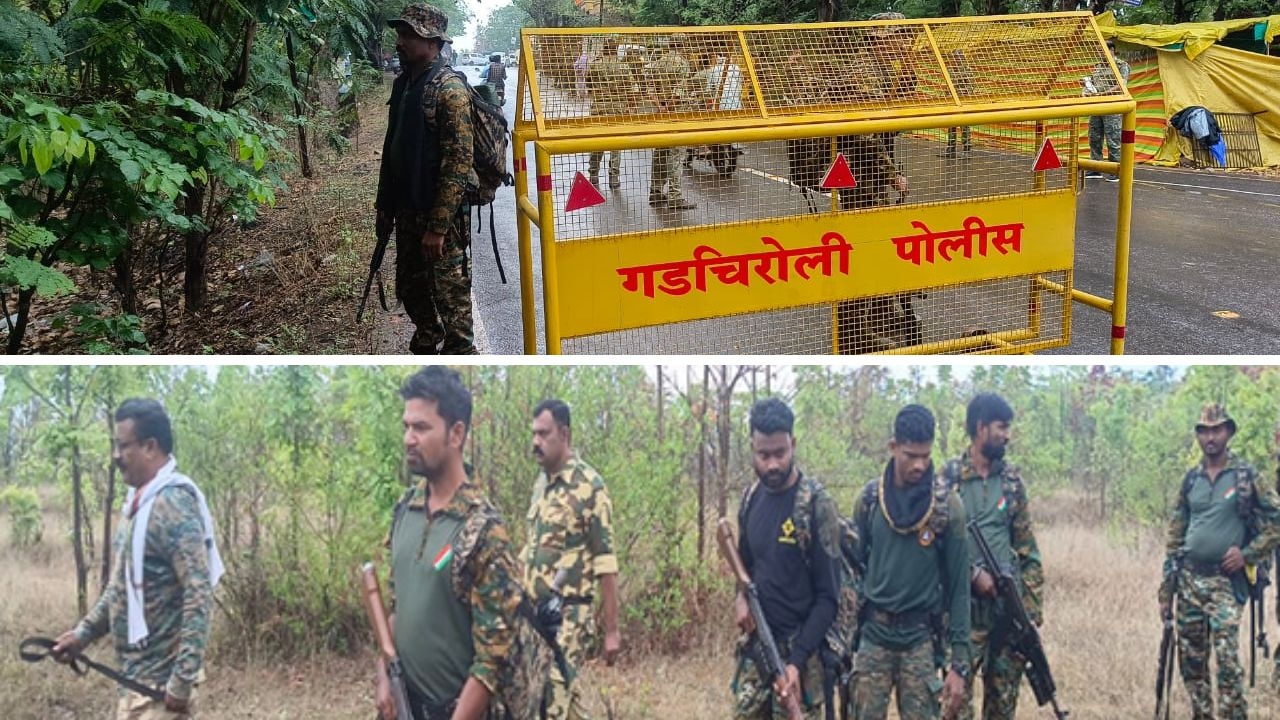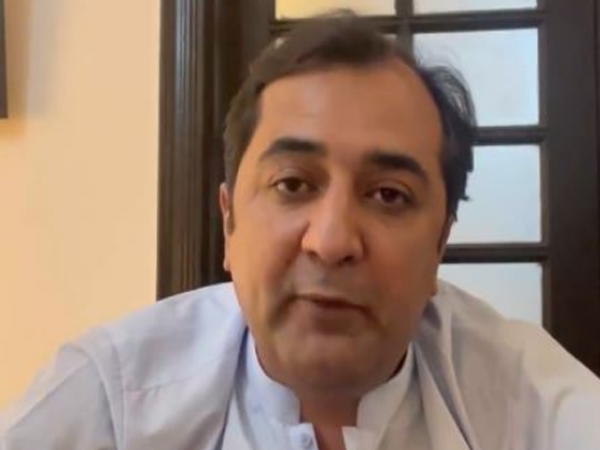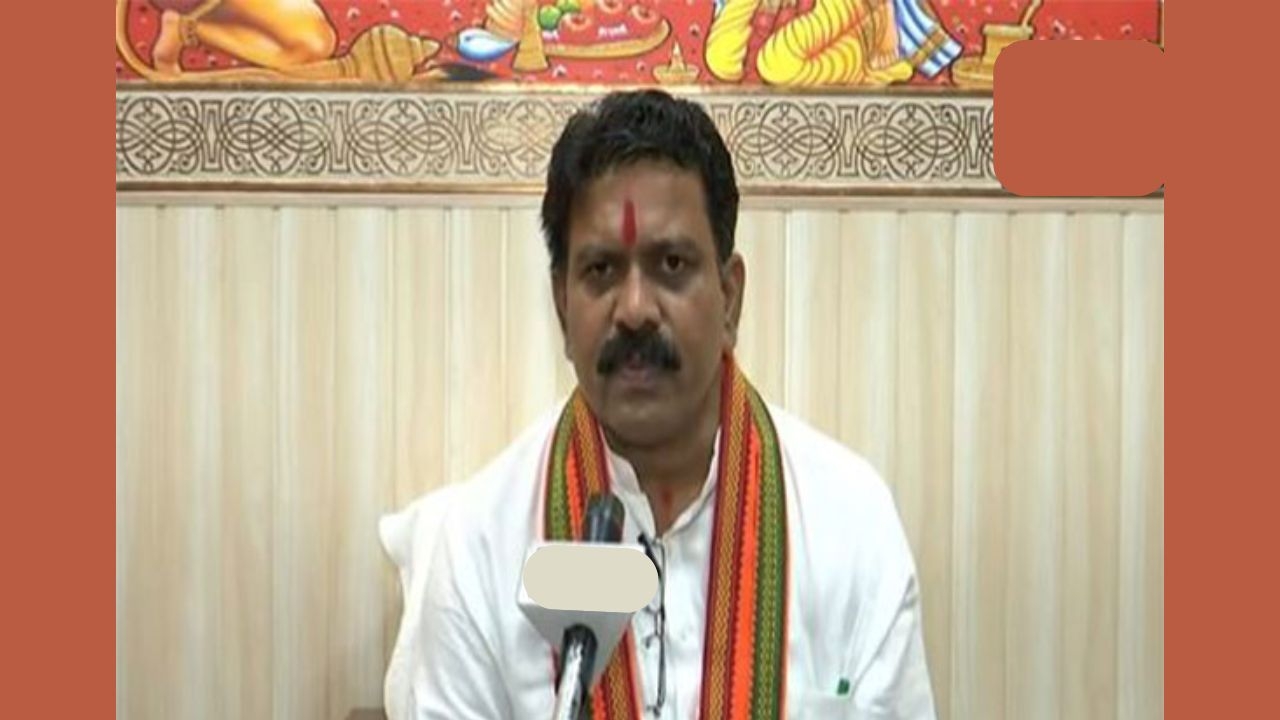Bimal Gurung expels Gorkha ‘peaceniks’, gives CID the slip: Is this endgame for him?
_79800_730x419-m.jpg)
The crisis in Darjeeling worsened on Friday but this time the trouble is within the Gorkha Janmukti Morcha (GJM).
First, GJM chief Bimal Gurung expelled the outfit’s assistant general secretary Binoy Tamang and another leader Anit Thapa. This came after Tamang on Thursday announced a partial withdrawal of the band from September 1-12 on behalf of the Gorkhaland Coordination Committee.
“We have decided to expel Binoy Tamang and Anit Thapa from the party for not following the party line. They did not look at the sentiment of the Gorkha people and unilaterally took the decision to withdraw the strike partially,” said GJM general secretary Roshan Giri.
Tamang has said that he will move the court against Gurung’s decision.
“We will move court following Gurung’s decision to expel us. What wrong have I done in meeting with Chief Minister Mamata Banerjee? I have been receiving threats for taking part in the talks. I feel insulted at the expulsion as the decision to withdraw the bandh was for the welfare of the hill community,” Tamang told Catch over the phone.
Meanwhile, the West Bengal police issued a lookout notice against Gurung and Giri as it launched a crackdown against a section of the GJM.
A team of police officers entered the GJM Central Committee meeting at Darjeeling where Gurung and other leaders were present. But by the time the police reached the venue, Gurung and Giri had left.
The CID officers have arrested 9 people from Sikkim for their alleged involvement in the IED blast and twin grenade blasts that occurred few days back at Darjeeling and Kalimpong, respectively.
A senior CID officer who was in-charge of investigating the blasts said “After investigating, we found out that Nepali Maoists are behind the Darjeeling IED blast and the twin grenade blasts at Kalimpong”.
GJM is clearly split with Gurung and Giri wanting an all out confrontation and continuation of the strike and Tamang and Thapa taking a more conciliatory view.
On Friday while bus services from Siliguri were restored partially, all shops near Darjeeling Mall Road remained shut. A few GJM supporters owing allegiance to Bimal Gurung allegedly attacked Tamang’s house after demonstrating in front of it. They also attacked shops, according to the police.
“GJM supporters owing allegiance to Bimal Gurung tried to destroy shops during their demonstration but we prevented them from doing so. Police will take action against those who violate the law. Anyone can continue with their demonstration in a democratic manner, but they cannot take law into their own hands,” said DIG Darjeeling Range Humayun Kabir.
Tamang vs Gurung
Significantly Tamang’s decision came two days after he attended the all party meeting called by chief minister Mamata Banerjee, in which she urged Gorkha outfits to call off the strike.
While Gurung had said on Thursday that the strike had not been withdrawn, Tamang after convening a meeting of the central committee at Kurseong, decided to withdraw the band partially.
Tamang said “After convening a meeting with members of the Central Committee we decided to withdraw our strike partially till 12 September. On 12 September another all party meeting will be convened by the chief minister at Uttarkanya where we will decide our next course of action. School, colleges and market places will be open from Friday onwards.”
GJM insiders say that Tamang was forced to make a conciliatory measure as the strike that had been continuing for over 80 days, had become a cause of suffering for the hill people.
A source in the GCC said “The people in Darjeeling are upset as schools, colleges and market places have been closed down for 80 days. Business has been hit badly - losses stand at around 40 percent. The inflow of tourists has drastically fallen.”
On the other hand, the faction led by Gurung feels that withdrawing the strike would mean giving up the main bargaining chip vis-à-vis the state government.
“Trinamool Congress’ main intention is to create a division inside the GCC so that they can expand their base in the hills. But we feel that we will stick to our demands and won’t allow any other party to gain a foothold in the hills. As a result, we do not support Tamang’s idea of withdrawing the bandh partially,” said an Akhil Bharatiya Gorkha League (ABGL) leader.
It appears that Banerjee has succeeded in creating a division within the GJM. Even earlier, she had managed to create divisions within the hill parties which resulted in the TMC’s victory in the Mirik municipal elections in 2017.
However, analysts are skeptical whether this policy would help bring peace to the hills.
According to Amol Mukherjee, political analyst and former principal of Presidency College, “It is yet to be seen that whether the divide and rule policy will help Banerjee as the impasse in the hills is not going to disappear soon”.
On Thursday, Banerjee welcomed the move to lift the strike partially and said, “Everybody wants that peace should return to the hills and that the hill people remain safe and prosper”.
However, the Opposition CPI(M) feels that only 's sustained dialogue can resolve the impasse.
“The state government should again convene talks with all the hill parties as early as possible to resolve the impasse in the hills,” said CPI(M) leader Sujan Chakraborty.


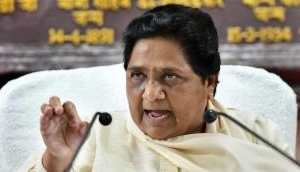
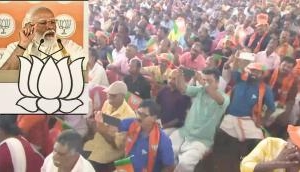
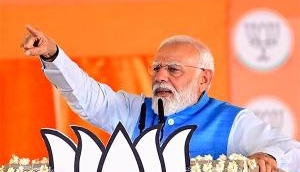
_251267_300x172.jpg)
![BJP's Kapil Mishra recreates Shankar Mahadevan’s ‘Breathless’ song to highlight Delhi pollution [WATCH] BJP's Kapil Mishra recreates Shankar Mahadevan’s ‘Breathless’ song to highlight Delhi pollution [WATCH]](http://images.catchnews.com/upload/2022/11/03/kapil-mishra_240884_300x172.png)

![Anupam Kher shares pictures of his toned body on 67th birthday [MUST SEE] Anupam Kher shares pictures of his toned body on 67th birthday [MUST SEE]](http://images.catchnews.com/upload/2022/03/07/Anupam_kher_231145_300x172.jpg)


